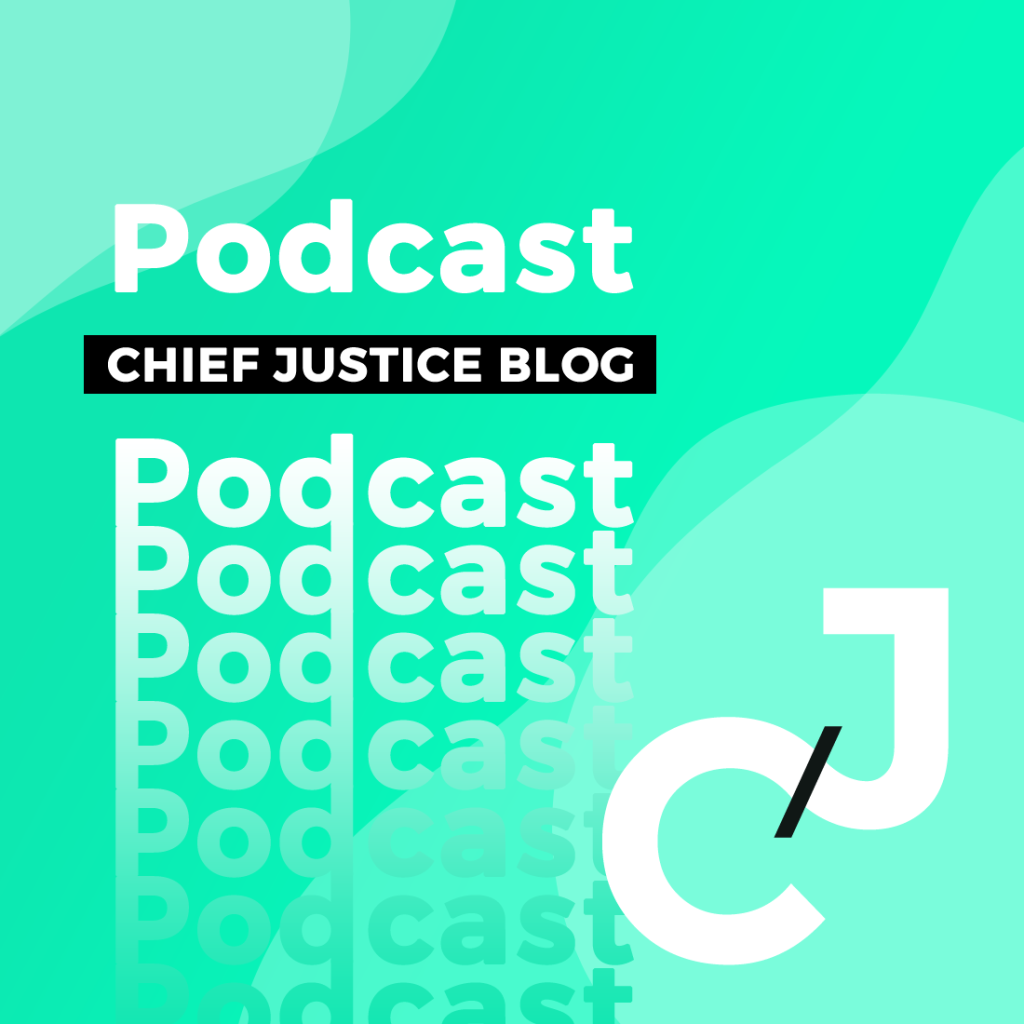The Supreme Court announced on Friday afternoon that it will hear oral arguments in seven cases over the course of five days. The justices will consider a variety of issues, including the power of the Environmental Protection Agency to regulate greenhouse gases and a group of states’ effort to defend a controversial Trump-era immigration policy known as the “public charge” rule after the Biden administration refused to do so.
West Virginia v. EPA, which is merged with three other cases: North American Coal Corp. v. EPA, Westmoreland Mining Holdings v. EPA, and North Dakota v. EPA, will be heard by the justices on Feb. 28. The justices were presented with the cases by the United States Court of Appeals for the District of Columbia Circuit. Both the Trump administration’s decision to abolish the 2015 Clean Power Plan, which established standards for states to reduce carbon dioxide emissions from power plants and the Affordable Clean Energy Rule released in its stead were invalidated by the court. The Biden administration requested the justices to keep out of the case, stating that a new regulation would be issued, but the court granted review in late October.
At the same time, the justices agreed to consider whether a group of 13 states, led by Arizona, can defend a Trump administration rule that expanded the definition of “public charge,” a term in immigration law that refers to people who are ineligible for a green card because the government believes they will rely too heavily on government assistance. The Trump administration requested the Supreme Court to weigh in after two federal appeals courts ruled in favor of organizations opposing the regulation, and the justices agreed. However, the challengers and the Biden administration agreed to dismiss the lawsuit, leading states to intercede to preserve the regulation. In Arizona v. City and County of San Francisco, the Supreme Court granted review to determine whether states having a stake in the issue should be able to intervene to defend a regulation when the US no longer does so.
The following is a complete list of cases that will be heard in February:
Ysleta del Sur Pueblo v. Texas (Feb. 22): If a federal provision prohibiting any gaming activity “forbidden by the laws of the State of Texas” on tribal territory restricts any type of gambling prohibited by state law, or whether it goes further and outlaws any gaming that the state controls.
Texas v. Denezpi (Feb. 22): Whether the Constitution’s double jeopardy provision can be invoked by prosecution in the Court of Indian Offenses.
Arizona v. City and County of San Francisco (Feb. 23): Whether states should be allowed to intervene in legal proceedings and defend a federal regulation when the federal government refuses to do so.
West Virginia v. EPA (February 28): Whether the Clean Air Act allows the EPA to adopt major rules regulating greenhouse gas emissions from power facilities.
Ruan v. the United States (consolidated with Kahn v. United States) (March 1): Whether a doctor with the capacity to prescribe banned pharmaceuticals may be found guilty of illegally distributing such drugs if he reasonably felt his prescriptions were within professional norms.
Marietta Memorial Hospital v. DaVita Inc. (March 1): A case involving the interpretation of the Medicare Secondary Payer Act, which prohibits health plans from determining whether a person is qualified for Medicare benefits due to renal failure and from offering different benefits to such people.
Egbert v. Boule (March 2): Whether the court’s decision in Bivens v. Six Unknown Federal Narcotics Agents, which allows a private citizen to sue a federal agent for violating his Fourth Amendment rights, also applies to First Amendment retaliation claims and Fourth Amendment claims involving immigration enforcement.















